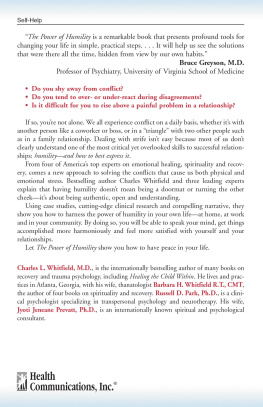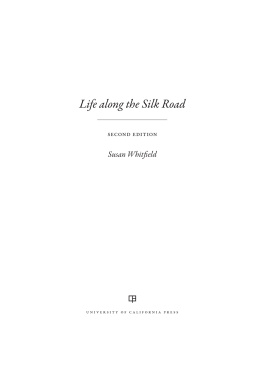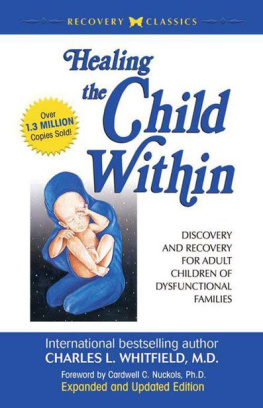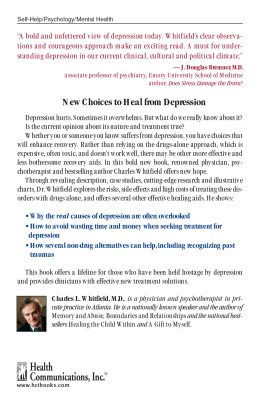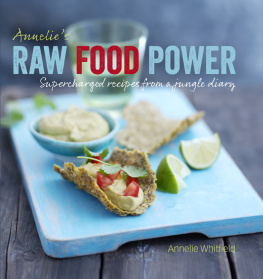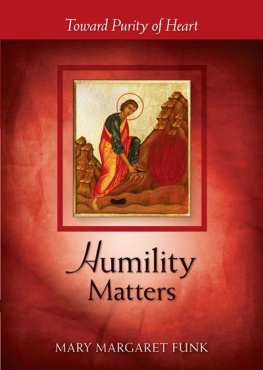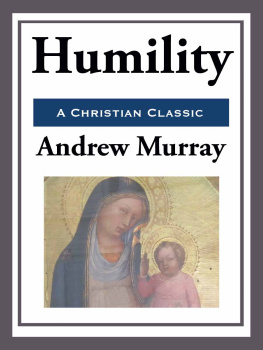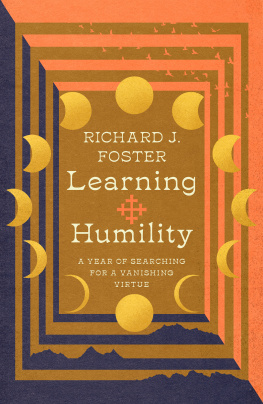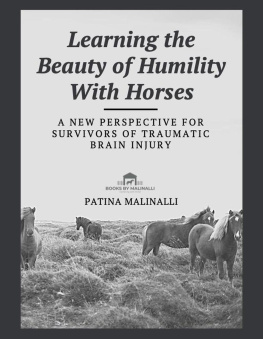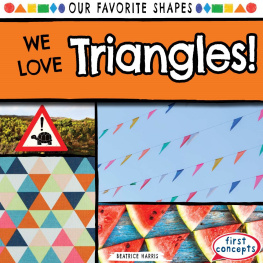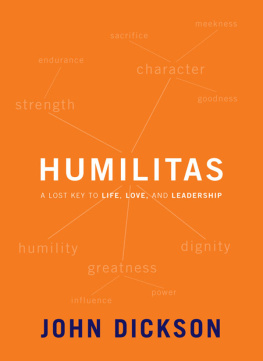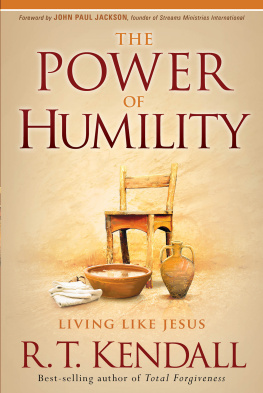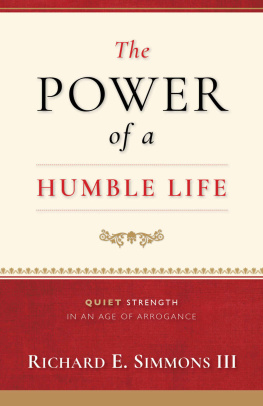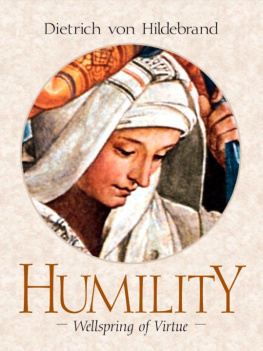Praise for The Power of Humility...
In The Power of Humility, the authors shine a bright light onto the subject of relationships and conflictbetween ourselves, others and our Highest Principle. Following a meticulous method of analysis, presenting relevant personal stories and revealing references from diverse sources, they have given us an outstanding argument for using humility as a way of life.
On a personal level, what they present is immediately relevant, and there cannot be anyone who would not benefit from reading it. On a global level, perhaps it should be considered as essential reading for anyone considering taking up public officeparticularly politics and religion, where the attitude of them versus us is usually the default setting.
I hope that this book becomes a bestseller, as it offers not only a message of hope, but one of certaintythat conflict can be resolved by a change of perception and attitude. World peace is not only the responsibility of our leaders, but of each and every one of us. As J. Krishnamurti so often said, You are the world, and the world is you. When the power of humility informs and impels our lives, then perhaps peace will break out across the world.
Roy Whenary
British author, The Texture Of Being
With compassion and a no-nonsense approach, the authors safely guide the reader through dips and valleys of the healing process until humility is attained. With humility, we see the limitations of our thinking and way of life and make another choice. The authors present a roadmap of healing and wholeness that requires awareness, persistence, knowledge and practical know-how. Humility is the power that moves us forward into awareness of the Self, and marks a significant turning point in the soul's development.
Susan S. Trout, Ph.D.
Author, The Awakened Leader: Leadership as a Classroom of the Soul
Combining truths from multiple respected sources, the authors show us how to use effective psycho-spiritual principles to help heal our conflicted and painful relationships. The Power of Humility gives us tools to resolve interpersonal struggles, particularly codependence, power games and difficult relationships. It combines spiritual and psychological truths from Buddhism, A Course in Miracles, Native American tradition, other Eastern and Western belief systems, and the recovery movement, including the Twelve Steps. This approach to handling conflict is what millions of people in our society have been searching for and have not yet discovered. The four authors have successfully brought their accumulated wisdom together. What a gift for the masses who have needed such guidance, but did not know where to find it.
Judith S. Miller, Ph.D.
Professor of Psychology, Columbia University
Author of Direct Connection: Transformation of Consciousness
Reading The Power of Humility has left me with a feeling of peace, and that all is well. I have had the experience of childhood trauma and know what it is like to repeat unhealthy patterns until you take responsibility for your healing and make the connection with your Heart and True Self.
The triangle levels is powerful information, reminding me that until we make a conscious effort to move on to the freedom of Level 2 we live with the painful conflict of a Level 1 triangle every day in our own head. As someone who moved into spiritual awakening at a young age I also took a Spiritual Bypass, which you explain so well. This term highlighted for me a lesson I have been working on for the past few yearsthat a certain level of spiritual evolvement doesnt automatically bring on emotional growth. It is a profound part of the journey to finally allow ourselves to be with our feelings, hear our own true voice, and experience a connection with our True Self, Higher Self and Higher Power that feels deeper and more real every day. People will be helped on their lifes journey by reading this book.
Dana Mrkich
Internationally known writer, speaker; and radio host, Sydney, Australia
Highly recommended. Its clear description of humilitys power shows us how to have peace in our home, workplace and world.
Sid Yarbrough, M.D.

Library of Congress Cataloging-in-Publication Data is available from the Library of Congress
2006 Charles Whitfield, Barbara Whitfield, Russell Park and Jeneane Prevatt
ISBN-13: 978-0-75730-399-9 (Paperback)
ISBN-10: 0-7573-0399-4 (Paperback)
ISBN-13: 978-0-75739-928-2 (ePub)
ISBN-10: 0-7573-9928-2 (ePub)
All rights reserved. Printed in the United States of Amer ica. No part of this publication may be reproduced, stored in a retrieval system or transmitted in any form or by any means, electronic, mechanical, photocopying, recording or otherwise without the written permission of the publisher.
HCI, its Logos and Marks are trademarks of Health Communica tions, Inc.
Publisher: Health Communications, Inc.
3201 S.W. 15th Street
Deerfield Beach, FL 33442-8190
Cover design by Lawna Patterson Oldfield
Inside book design by Lawna Patterson Oldfield
Inside book formatting by Dawn Von Strolley Grove
This book is dedicated
to all who search for peace in a time of conflict.

CONTENTS
ACKNOWLEDGMENTS
W e thank Jyoti and Russ for bringing these concepts to us. In the writing we incorporated them into our own clinical and spiritual experience. Writing this book with them has expanded our understanding and skills for advanced healing and recovery work when people find themselves conflicted and enmeshed in triangles and other painful relationships.
Thanks to Steven Harris, Nicholas Whitfield and Greg Murphy for their contribution, and thank you to Marshall Silverman, Francesca Sorrentino, Kate Hart and Kyle Gies. We also want to thank Robynne Moran for her input and suggestions that made this a better book.
Charlie and Barbara Whitfield
The triangles presented in this book are not something we developed just in our minds through a conscious, cognitive process. We had taught concepts regarding the first two triangles for a number of years and had shared that knowledge with students. The evolution of that understanding and the other triangles grew out of our dialogue in community. The model we are presenting is a direct result of shared experiences. We want to thank Karen Barsell and Patricia Jamesbrought this work forward. We each came to the table with different parts of this story, and it is our hope that what resulted from our collaboration will cultivate peace in a time of conflict.
Jyoti (Jeneane Prevatt) and Russell Park
All four of us also thank Peter Vegso, Amy Hughes and Allison Janse, and the fine staff at Health Communications, for their excellent work in publishing this book.
INTRODUCTION
H umility involves relationships. These include our relationships with ourselves, others and, if we choose, the God of our understanding. We can begin to define humility as having openness to learning more about these three relationships. In this book we will explore humilityand how we can use it to our benefitfrom the perspective of all three of these relationships.
Humility is not about groveling or being a doormat. Instead, it is a powerful attitude and state of mind that, when we are in the pain of conflict, opens us to more choices and peaceful resolutions. Humility assists our ordinary ego-centered unawareness into a more expansive, alive and conscious awareness.

